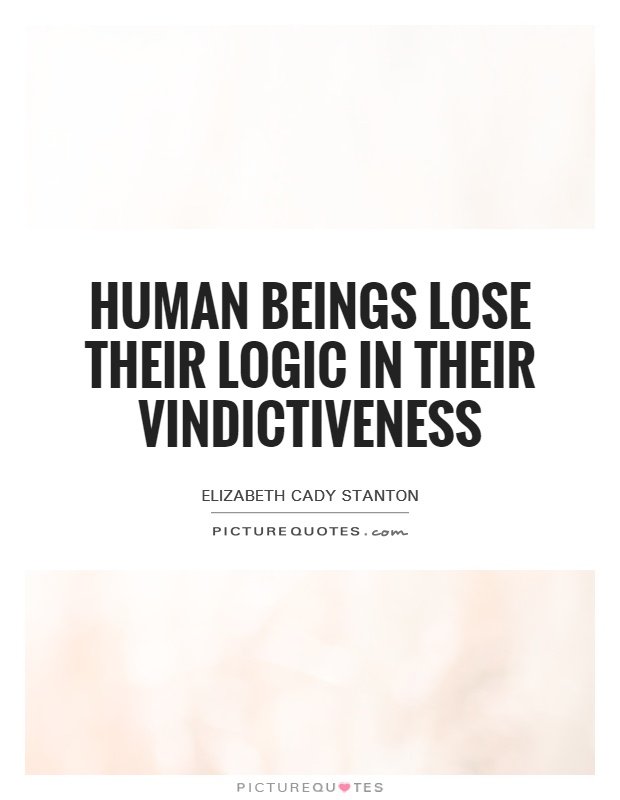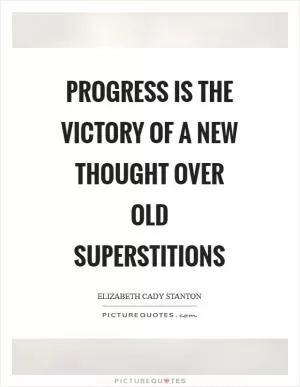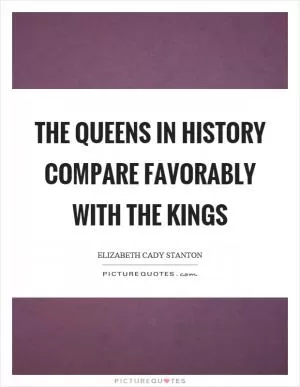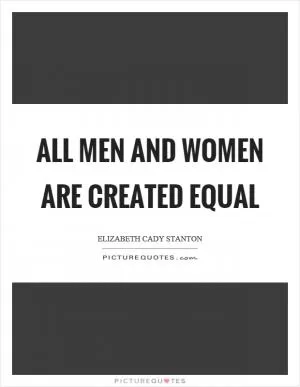Human beings lose their logic in their vindictiveness

Human beings lose their logic in their vindictiveness
Elizabeth Cady Stanton was a prominent figure in the women's suffrage movement in the United States during the 19th century. She was a fierce advocate for women's rights and worked tirelessly to secure equal rights for women, including the right to vote. However, despite her dedication to the cause of gender equality, Stanton was not immune to the human tendency to lose logic in vindictiveness.Stanton's vindictiveness was most evident in her strained relationship with fellow suffragist Susan B. Anthony. The two women had been close friends and collaborators in the fight for women's rights, but their relationship soured over time due to personal and ideological differences. Stanton's vindictiveness towards Anthony was fueled by jealousy and resentment, as she felt overshadowed by Anthony's more charismatic and politically savvy persona.
Stanton's vindictiveness towards Anthony led her to make irrational and hurtful decisions that ultimately damaged their friendship and the women's suffrage movement as a whole. For example, Stanton publicly criticized Anthony's leadership style and decision-making, undermining her authority and causing division within the movement. This vindictive behavior not only harmed their personal relationship but also hindered the progress of the suffrage movement by creating unnecessary conflict and discord among its leaders.
Stanton's vindictiveness also extended to her views on race and class, as she often made disparaging remarks about African Americans and working-class women in her writings and speeches. This prejudiced attitude undermined her credibility as a champion of equality and exposed the limitations of her logic when it came to issues of social justice.












 Friendship Quotes
Friendship Quotes Love Quotes
Love Quotes Life Quotes
Life Quotes Funny Quotes
Funny Quotes Motivational Quotes
Motivational Quotes Inspirational Quotes
Inspirational Quotes